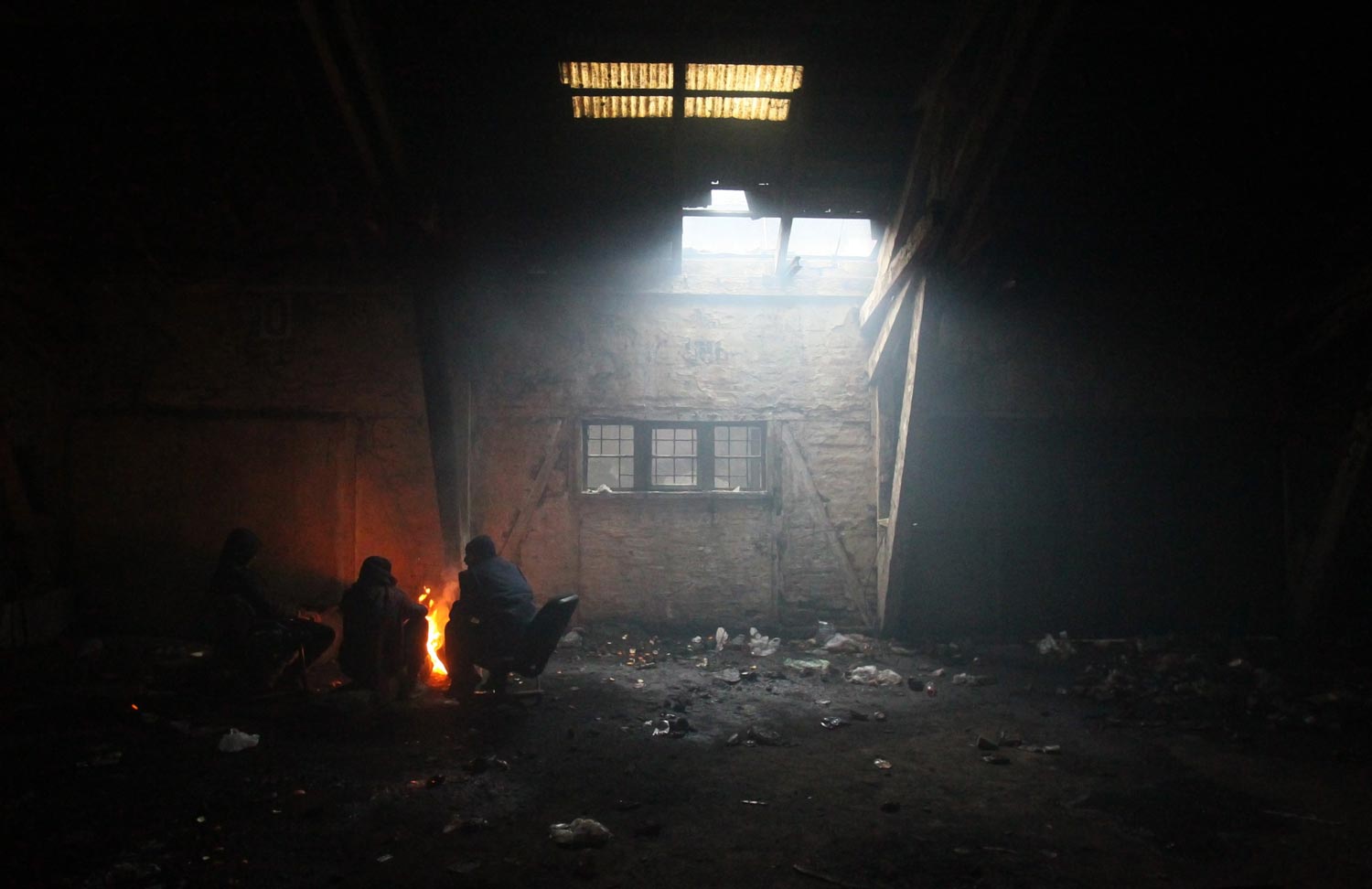What to Do About the Children of the Islamic State

Report: foreign policy
In October, a 16-year-old boy in Russia was fatally shot after he wounded a policeman while trying to set several police cars on fire. It wasn’t his family’s first brush with the law.
In 2001, his stepfather had was convicted to 14 years in prison for terrorism after he attempted to explode a gas pipeline, likely as part of an Islamist organization. The incident added new urgency to the question of what to do with the tens of thousands of children of Islamic State affiliates still in camps and prisons in Iraq and Syria. Almost everyone involved in repatriation issues, though, is busy using the children—already victims of violence and instability—to advance their own agendas.
In October, several Western governments, including Sweden and Germany, sent delegations to camps in Syria to speak to incarcerated nationals about whether they wanted to repatriate their children. None the women they spoke to agreed. On their social media accounts and in Telegram channels, many of them said that they made their decisions for their children’s own well-being—the kids needed to be close to their mothers. But in private, they added their concern that allowing the children to be repatriated meant their government would forget about the mothers themselves and leave them in the camps
And they are not wrong. In interviews, several Western government officials noted that their main goal is to repatriate kids—they believe it is safe to do so, and public opinion is in favor of such initiatives—and they are much less concerned about what would happen to the women afterwards.
Even if any of the women the delegations spoke to had agreed to their children’s repatriation, it is still not certain that it would have happened. The official policy of the Syrian Democratic Forces, which oversee many of the Islamic State detention camps, is that only orphans and medical cases (sick children with their mothers) are eligible to be sent home. Mothers admit to trying to pass their children off as orphans, but at least some have been caught out. In an interview, one woman said that the women were notified that if they try to do it again, their children would be taken to orphanages in Syria instead. For the Syrian Democratic Forces, having control of many foreigners, and children in particular, in camps would potentially give them a stronger position in in the negotiations with women’s home governments.
Even true orphans are not easily repatriated. Women have used orphans to blackmail grandparents back home, saying that if the grandparents would pay a ransom, their grandchild could be repatriated. One case that several women in the camp mentioned involved a 56-year-old Chechen Islamic State affiliate known as Kadidja jailed in al-Hol camp.
For several months, she hid four Russian orphans so they would not be sent back home. Publicly, she said she did not want the children to grow up in a non-Muslim country with grandparents she considers non-Muslim. At the same time,
however, she is reported to have told each orphan’s relatives she would return the children if they will pay for her to be smuggled to Turkey. She let the children go after Islamic State fighters asked her to do so and group supporters abroad threatened to stop sending her money that they had been giving for her care. According to other family members and camp officials, that case was not unique
Even in rare cases when a child is repatriated together with an Islamic State-affiliated mother, the child may still be used. In one case in Central Asia, a mother repatriated with her child falsely claimed that the child’s father was a man from a wealthy family who had died in Syria. The country’s intelligence service knew she was lying; the man was fighting in a different area nine months before the child was born. For almost a year, an official said in an interview, they have debated whether to tell the truth to the child’s alleged grandfather, though.
What to do with the children of Islamic State fighters is a crucial question not only from a humanitarian perspective but also from a security point of view. In countries with a long history of an insurgency, cases of children joining their fathers in combat are not rare. And while majority of countries are still trying to keep children with their radicalized parents, some countries do the opposite, hoping to stave off children’s inheritance of radical beliefs. For example, in Tajikistan, which recently experienced a bloody civil war, Islamic State-affiliated children returned from Iraq and Syria are placed in orphanages.
At the same time, these are children, and the world should not give them up for gone. They are already at risk of becoming the new face of the Islamic State or whatever group follows, and the more the world abandons them, the more likely they are to feel they have no other option. That is why repatriation, with careful attention toward deradicalization and reintegration, is key.
Tags
Related Posts
Two Little Syrian Sisters Die In Tent Fire In Search For Warmth
In his soot-blackened hands, Nour El-Din stood stunned and speechless, holding and staring at what is left of a pink coat. A short time ago, this coat was on the body of a little girl, whose heart shivered of cold in a snow-buried tent….
January 27, 2022‘People felt threatened even by a puppet refugee’: Little Amal’s epic walk through love and fear
From being pelted with stones in Greece to receiving a papal welcome in Rome, the giant girl’s migrant trek from Syria to Manchester provoked powerful responses…
October 22, 2021


